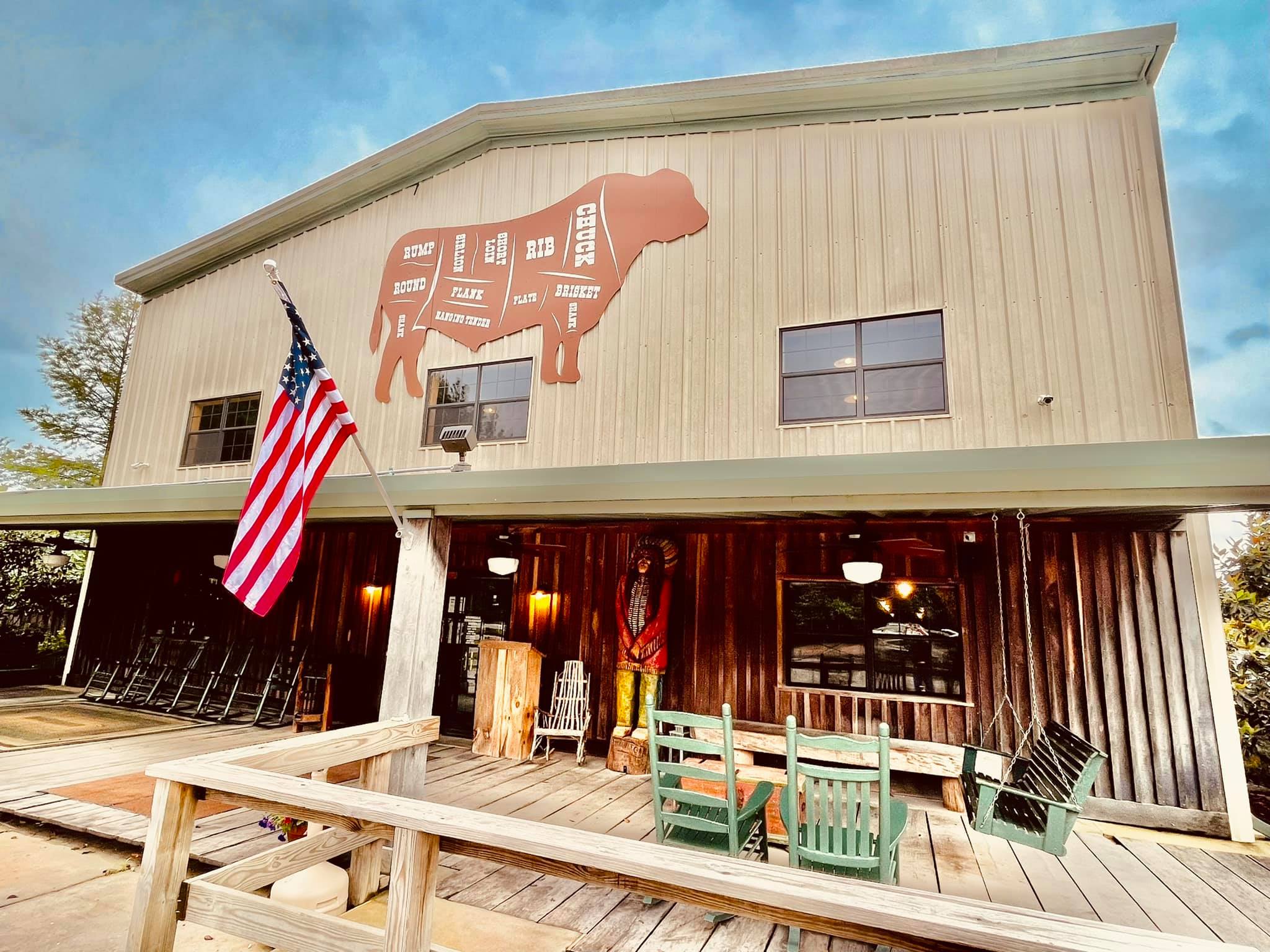Budget expert: Mississippi not alone in revenue woes
Published 8:42 am Monday, July 31, 2017
By Adam Ganucheau
Mississippi Today
BILOXI – As Mississippi continues to miss revenue projections and trim spending for most state agencies, a national budget expert told those at the Southern Legislative Conference here on Sunday that the state is not alone.
John Hicks, executive director of the National Association of State Budget Officers, dished on state spending trends, tax revenue trends and anticipated help from the federal government under the new administration during an afternoon session at the conference.
About 100 legislators from 15 Southern states gathered for Hicks’ presentation, including several from Mississippi: Sen. Buck Clarke, R-Hollandale, the Senate Appropriations chairman; Rep. John Read, R-Gautier, the House Appropriations chairman; Rep. Abe Hudson, D-Shelby; Rep. Cory Wilson, R-Madison, and Sen. Mike Seymour, R-Vancleave.
Hicks’ presentation, in short: A majority of states have cut budgets and struggled in meeting revenue projections, just as Mississippi has.
“When the national economy is good, people buy more and consumption is up,” Hicks said. “When the economy’s not so good, we go that way, as well. We’re going to be as volatile as the broader economy is.”
In the fiscal year 2017, Mississippi was one of 33 states to miss revenue projections, collecting $169.3 million less than projected in tax revenues, he said.
Just 13 states collected more revenue than projected, Hicks said, while the other four states were on target.
In terms of general fund spending, Mississippi’s budget for next fiscal year is lower, year-over-year, than the average of other states. Mississippi lawmakers in April finalized a $6 billion general fund budget for this fiscal year, which is 3 percent lower than the previous fiscal year’s final spending total.
On average, Hicks said, other states finalized general fund budgets that increased right at 1 percent from the previous year. That marginal average growth, however, still reflected deep general fund cuts for most states, and that 1 percent average growth falls well below the 39-year annual growth rate of 5.5 percent, he said.
Hicks chronicled general state budgeting themes nationwide — many of which aligned with Mississippi’s in recent months.
Cutting or level-funding state agencies were popular among many states this past year, he said. Just three agencies of the Mississippi general fund’s 100 agencies received substantial increases in funding for next fiscal year. All the others received less or about the same as last fiscal year.
States generally showed the willingness to set aside money in reserve funds, Hicks said. In this fiscal year, Mississippi lawmakers are setting aside 1 percent of the state budget in the Rainy Day Fund. That comes after neglecting to do so five of the last seven fiscal years.
Many states also have focused on finding inefficiencies within state government. Last fall, legislative leaders commissioned legislative panels to comb through the budgets of 13 state agencies to find inefficiencies and recommend changes. Many of those recommendations were considered during the budgeting process this past session.
Transportation spending was another focus during Hicks’ presentation. Since 2013, 26 states have raised gas taxes. Of those states, the average number of years since the tax had been increased was 25 years.
Mississippi leaders and interest groups have loudly proclaimed the need for additional infrastructure funding for several months, culminating in a spat between Lt. Gov. Tate Reeves and House Speaker Philip Gunn that ultimately forced a special legislative session to settle the state’s transportation funding.
Gunn wanted to divert Internet sales tax collections to infrastructure repair. Reeves decried the move, citing a potential lack of constitutionality and calling the idea a short-term fix.
Central District Transportation Commissioner Dick Hall called last week in a speech at the Neshoba County Fair for an increase in the gas tax, citing a 400 percent increase in infrastructure material costs in the 30 years since Mississippi last raised the gas tax.
Reeves and Gunn, both conservative Republicans, have balked at the notion of raising any tax. This past legislative session, the leaders and committee chairmen kicked the transportation can down the road, citing a desire to wait to see what President Donald Trump’s federal infrastructure plan might look like.
Hicks on Sunday, however, told the gathered legislators that he doubts whether any federal plan would help.
“State and localities spend much more money on infrastructure than the federal government does,” Hicks said.
“The federal government has an important share, but with the budget situation (in Washington), I’m kind of bearish on a bunch of money coming out of the federal government for infrastructure,” he said.





